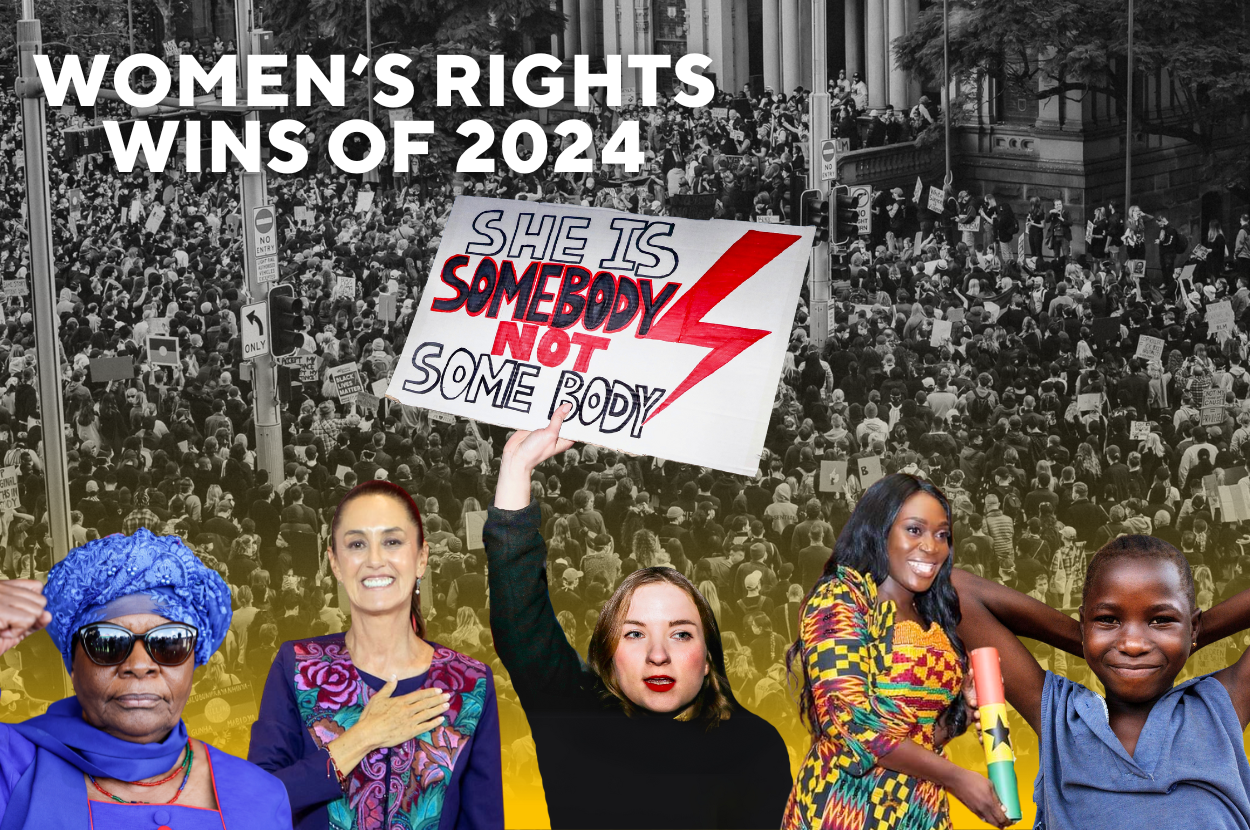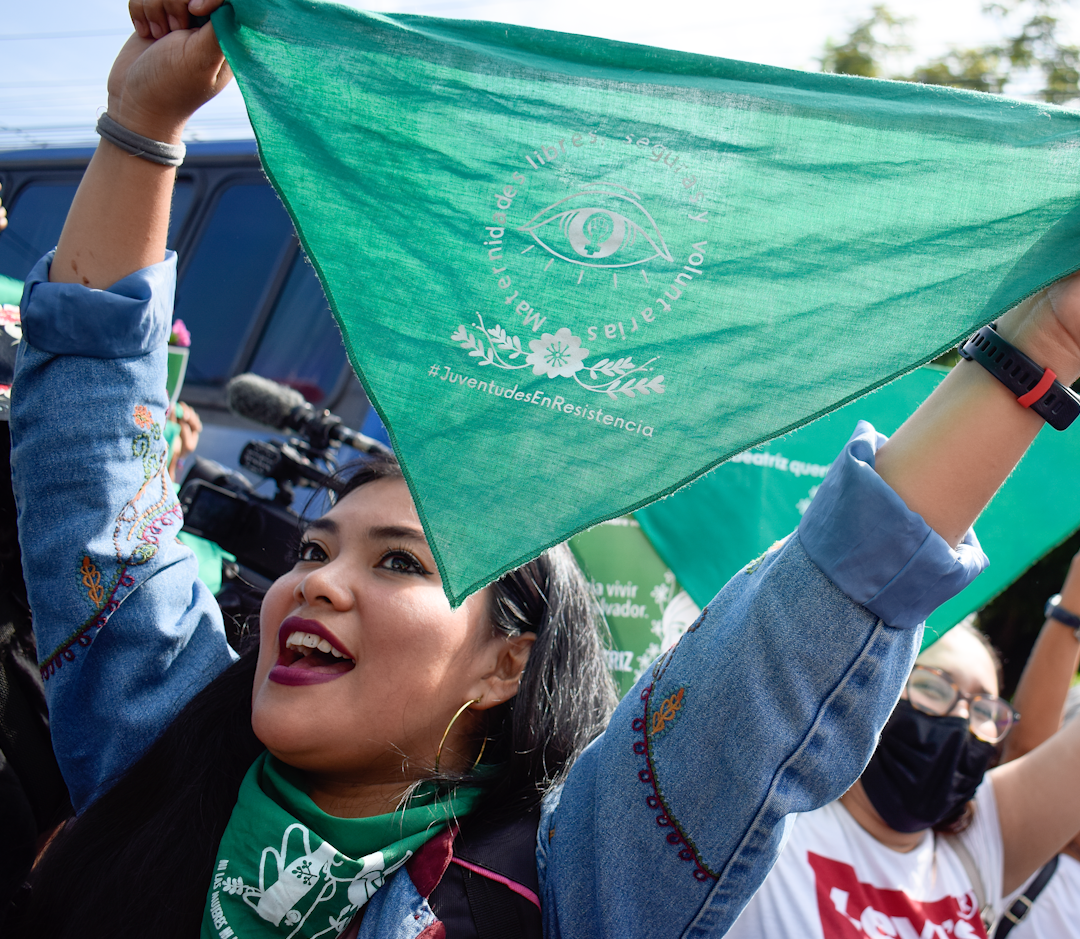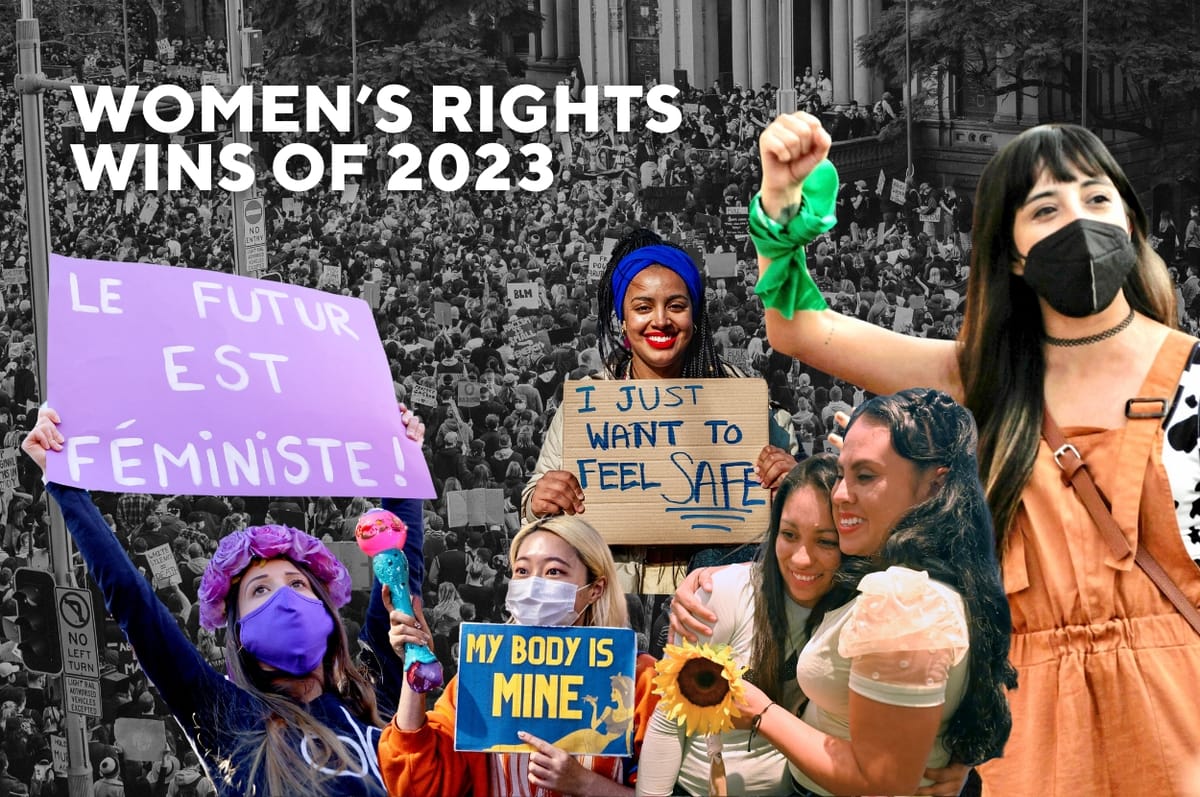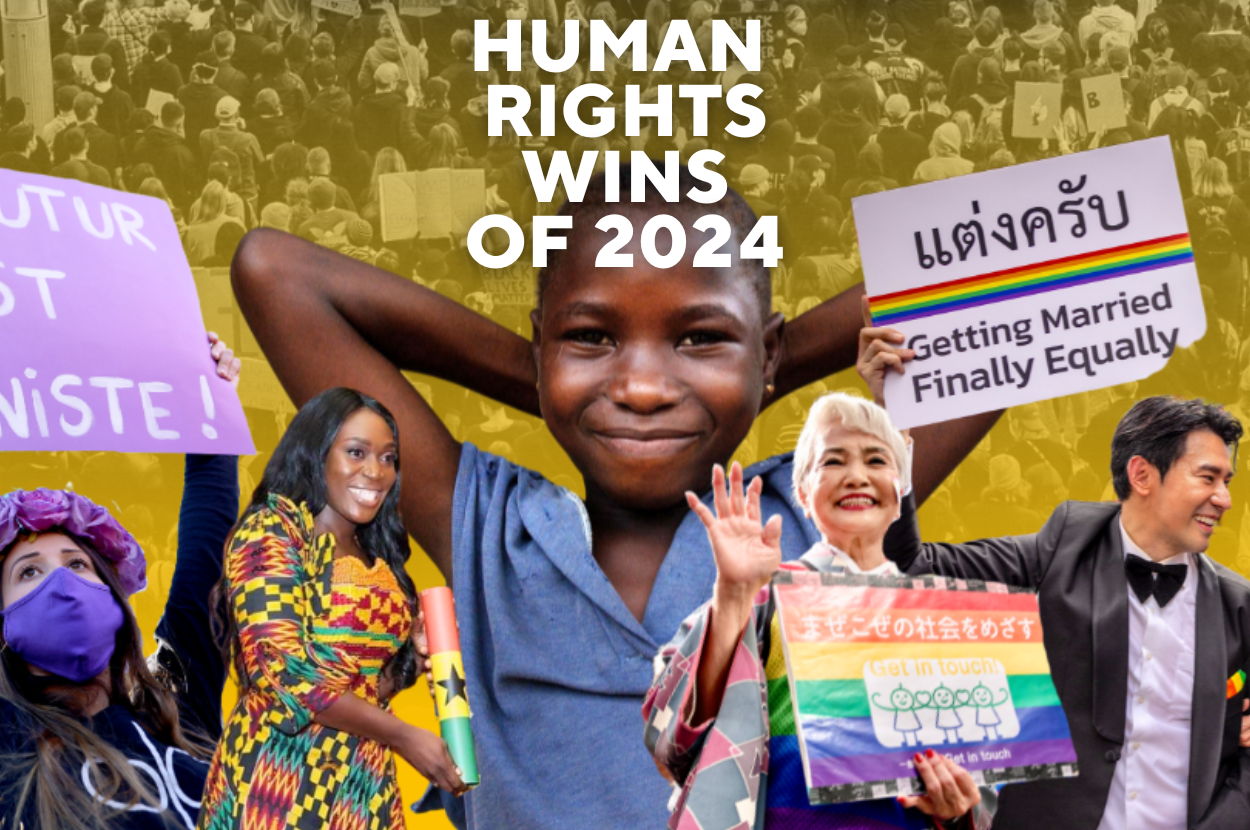9 Women Rights Wins To Celebrate This International Women’s Day
From Mexico to Sierra Leone, countries around the world have made bold moves to advance women’s rights in the past year.

This International Women’s Day, we’re celebrating the progress the world has made in the fight for gender equality.
From Mexico to Sierra Leone, countries around the world have made bold moves to advance women’s rights in the past year.
Change is possible when we stand up for equality.
Sierra Leone and Colombia both banned child marriage
Sierra Leone has one of the world’s highest rates for child marriage, early pregnancy and maternal deaths, with one third of girls married before they are 18.
On Friday June 21, the parliament passed a law that will make it a crime to marry girls aged below 18.
Colombia has also finally approved a bill to ban children under 18 from getting married.
It aims to establish educational programs to prevent child marriage and support young people.
Ghana passed a law ensuring women hold 30% of decision-making roles in public jobs
The law, which was first introduced in 1998 and finally passed after nearly 30 years on Sep. 19, will also ban gender-based discrimination, including verbal abuse, as well as stereotyping, discriminating or disqualifying candidates based on their gender.
That number will then go up to 50% by 2030.
While the law is for public jobs, private sector companies that meet the gender balance target will be able to receive tax benefits.
Poland passed an “Only Yes Means Yes” law that clearly defines rape as sex without consent and started drafting laws to lift its near total ban on abortion
In 2020, Poland’s right-wing government outlawed abortions for fetal abnormalities, banning abortions for almost all cases.
In October 2023, people in Poland voted out the right-wing government for the first time in eight years.
And on Friday, April 12, lawmakers in the new center-left government voted to keep working on 4 bills that would ease access to abortion.
Making abortion accessible was a central campaign promise of Prime Minister Donald Tusk.
Mexico and Namibia both elected their first woman presidents
61-year-old leftist candidate Claudia Sheinbaum won Mexico’s president elections on Sunday, June 2, 2024.
Sheinbaum, a physicist and energy engineer, had also made history in 2018 as the first woman mayor of Mexico City, a position she held until 2023.
Sheinbaum has promised to maintain and improve welfare programs started by the outgoing leftist president Andrés Manuel López Obrador – also known as AMLO – and provide free primary and secondary education.
In Namibia, Nandi-Ndaitwah won the presidential election on Tuesday, Dec. 3, 2024, with approximately 57% of the votes.
Her win is significant as the SWAPO party’s votes have been decreasing in previous elections due to young voters’ dissatisfaction with the economy and unemployment, which is estimated to be around 46% among young people.
Gambia’s attempt to make female genital mutilation (FGM) legal has failed
FGM is a procedure that involves removing all or parts of the female genitalia for non-medical reasons.
It can cause lifelong painful conditions such as problems urinating, cysts, infections and fatal childbirth complications, according to the United Nations.
FGM has been banned in Gambia since 2015, with prison sentences of up to three years.
But in March, lawmakers voted overwhelmingly in favor of a new bill to reverse the ban.
On Monday July 15, the majority of lawmakers voted to strike down the bill and uphold the ban.
A human rights court found that El Salvador violated a woman’s rights by denying her an abortion despite her high-risk pregnancy

You Might Also Be Interested In











